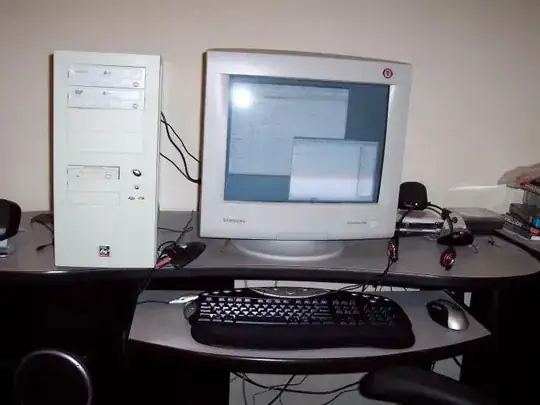Among some computer users I've heard the claim that turning a computer on and off reduces the life of the computer, here's an example of this claim. In this claim, it is believed that turning the computer on and off stresses or damages various components more than leaving the machine running 24/7. Others claim that the components are damaged more by being left running.
So which claim is correct, does turning a computer on and off reduce the time to failure more than leaving it running?
Or does leaving a computer running all the time, wear it out?
Additional Details:
I guess I'm assuming that one would not turn the computer on and off more than a handful of times a day, but usually just once. As opposed to leaving it running 24/7.

[Side question: does sleeping have a similar effect as turning it off?]
[What about when the computer Hibernates?]